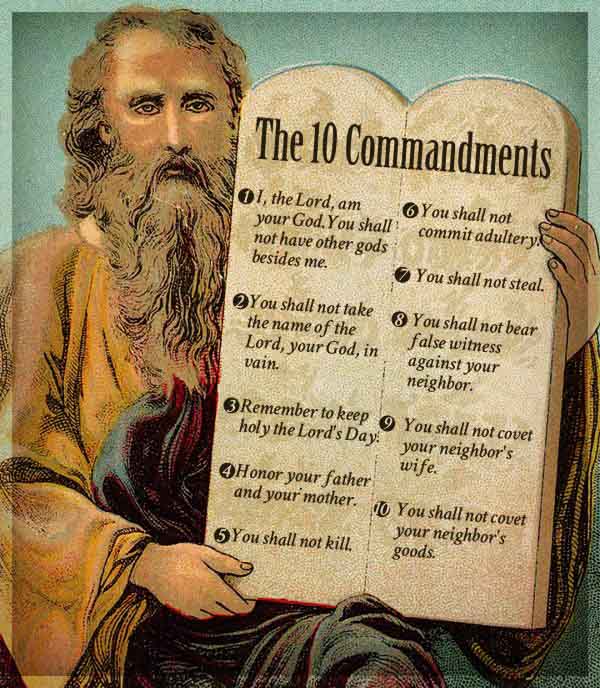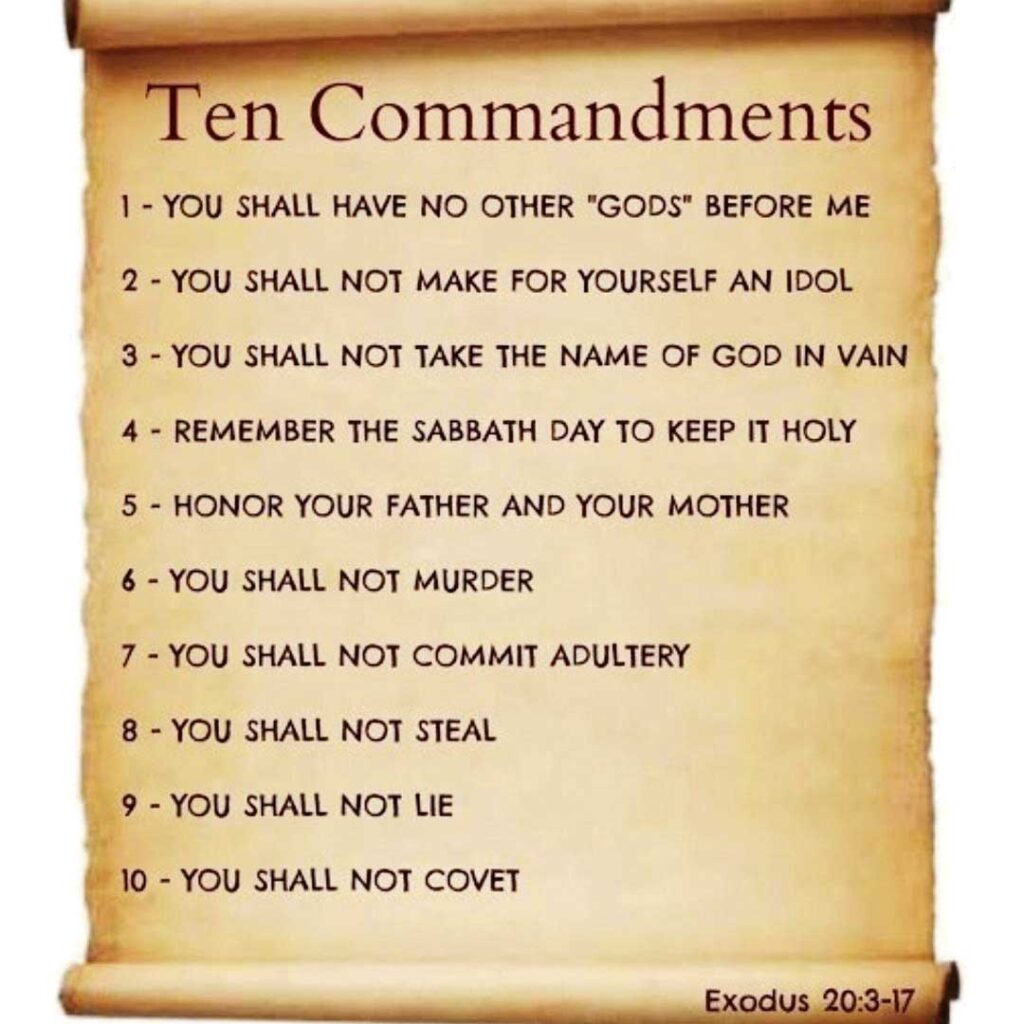QUESTION: Some people say that God did away with His laws in the New Covenant. But, basing on Jeremiah 31:32-32, why would God write His laws on people’s hearts when He knew He would do away with those very laws? Bob.
RESPONSE: First, God did not abolish the law (Matthew 5:17). Whoever teaches and believes the opposite contradicts Biblical teaching.
For God to do away with legality is to tamper, not just with the legal principle upon which all nature operates, but also His own identity.
God is just
The God who created the universe and redeemed the Earth, is a legal God and one of justice (Isaiah 5:16; 30:18, Psalms 89:14, Deuteronomy 32:4).
While justice is a natural attribute of God, it is also a legal issue.
God is bound by a certain law and principle to be eternally constant and consistent in His dealings. You, therefore, cannot worship a lawless God and expect justice from Him.
God being just means He is the ultimate judge who renders to each individual what they deserve.
Those of us who are informed (especially Christians), know that we are fallen, guilty and liable for eternal punishment.
Regardless of how loving and forgiving God is to the guilty, He must not interrupt that judgment. With justice, God cannot love us enough for us to be exonerated from our crimes and legal charge.
However much He forgives us, His forgiveness cannot redeem us from the charge of the law.
This is what John implies: “For however much God loved and forgave us, it still required Him to be like one of us-incarnation (Hebrews 2:14), Do what humanity failed to do and that is perfect obedience to the law (Romans 5:19, John 8:46).

He suffered the death that was meant for the guilty humans (Romans 6:23). God had to suffer all that not just because He loved humanity, but because of who He is.
He is a just God and cannot conflict with Himself. Therefore, when asked if the law had been abolished, Jesus said the law would never be abolished (Matthew 5:17).
Jeremiah 31:31-32
The immediate context of Jeremiah 31:31-34 is placed within the portion of chapters 26-45 of the book that deals with the judgment and the hope of Israel and Judah.
While chapters 1-24 are about the prophet’s analysis of the guilt of Judah and Israel.
In chapter 25, he concludes by telling his audience about the inevitable exile as the judgment for their crime.
After he establishes that, he reminds them that there is hope beyond that judgement.
That hope is in the revised approach to their relationship with this God. And that brings us to the broader context.
The broader context
Jeremiah is speaking to a covenant community, and he introduces the theme in an unfamiliar way. The law is no longer a corporate issue, but an individual matter.
This will be the new message of exile prophets like Ezekiel and others (Ezekiel 14:14-18; 18:19-20).
This new revelation is in contrast to the previous social and corporate responsibility for individual sin in previous covenants such as the Noahic Covenant (Genesis 9), Abrahamic Covenant (Genesis 12&15), and Mosaic Covenant (Exodus 20:4-6).
God is in us
It is at this point that prophets like Jeremiah remind Israelites that the law as a guiding principle, has shifted (not done away with) from tablets to individual hearts.
This is an implication of God in the form of the Holy Spirit who now does not dwell among and with His people as the Old Testament tabernacle setting (Numbers 2:1-34), but a God who dwells in us as exhibited in form of the Holy Spirit (John 14:18-24, Acts 2:4; 11:15, Romans 8:10).
We no longer need to refer to the written law on tablets, doorposts or on paper, but God himself convicts us in our hearts (John 16:7-14).

The New covenant
Some aspects of the new covenant were first introduced in what is known as the Davidic Covenant in 2 Samuel 7, and in the second Abrahamic Covenant in Genesis 15 and Romans 4:1-7.
According to this covenant, the Lord promises the throne to the Davidic lineage without applying works to it. The throne belongs to David and his descendants regardless of their behaviour.
As far as salvation is concerned under the new covenant, the law has no role whatsoever.
Unlike in the previous covenants, we are saved by grace through faith in the new covenant (Ephesians 2:8-9; Romans 3:20-22, 28; 11:6, Galatians 2:16; 5:4).
In the new covenant, we are not captives to the law as in the previous (Acts 13:39).
So, those who say Christ did away with the laws in the matter of salvation, are right and Biblically consistent.
This is because that is what the new covenant in salvific matters is about.
Answered by
Pr Isaiah White.
whitemwine@gmail.com





















